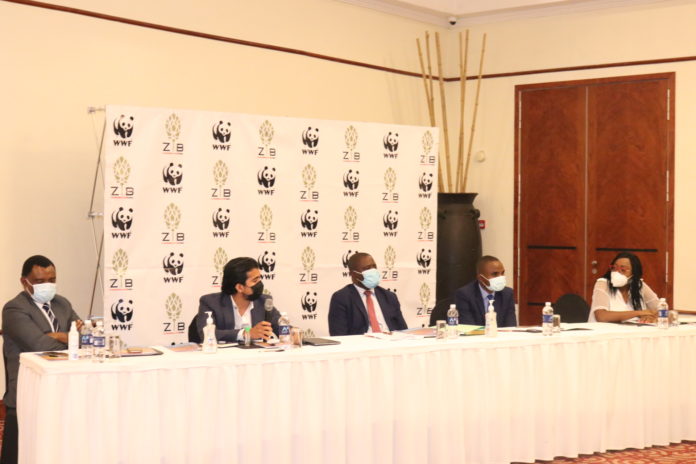The Ministry of Water Development Sanitation and Environmental Protection has revealed that there is a need for stakeholders to bridge the financing gap affecting the water sector.
Speaking on behalf of the Ministry at the launching of a report titled ‘The Strategic Investment Pathways’, Environmental Management Department (EMD) Acting Director Richard Lungu said the report, which was compiled with efforts from Zambian Breweries and World Wide Fund (WWF) for nature Zambia provides an opportunity for the country to consider various options for better valuing of water and its contribution to the Gross Domestic Product.
It is a key enabler of all activities that are taking place in the country such as agriculture, tourism, manufacturing, industrial development and hydro power generation,
Lungu said.
Mr. Lungu stated that water is key requirement in enhancing live hoods, alleviating poverty and preservation of culture and traditions and eventually leads to economic development.
Meanwhile, WWF Country Director Nachilala Nkombo said the report contained a case study of the Zambezi river Basin which revealed that in order for sustainable development to exist, the basin has to be well managed.
She further said the number of investors that acknowledge how natural resource financing makes financial sense is growing quickly.
Ms. Nkombo said the report highlights a clear roadmap for policy makers as well as private sector investors on why they should consider strategic investment pathways on water projects.
And Zambian Breweries Country Director Jose Moran said that protecting natural water sources and ensuring a steady supply of clean and safe water has been a major priority area.
Clearly, investing in natural resources such as water is a smart choice for corporate partners’ bottom line,
Moran said.
He said to keep watersheds healthy and communities thriving, local water users must replenish the water use as it is a basis of water management strategy.
One of the major highlights of the report is that once a project receives investment, financial returns can be generated through biodiversity offsets, water offsets and natural infrastructure.
WWF is working with the Ministry of water Development, Sanitation and Environmental Protection on developing the Landscape Finance Plan (LFP) for the lower Kafue.

